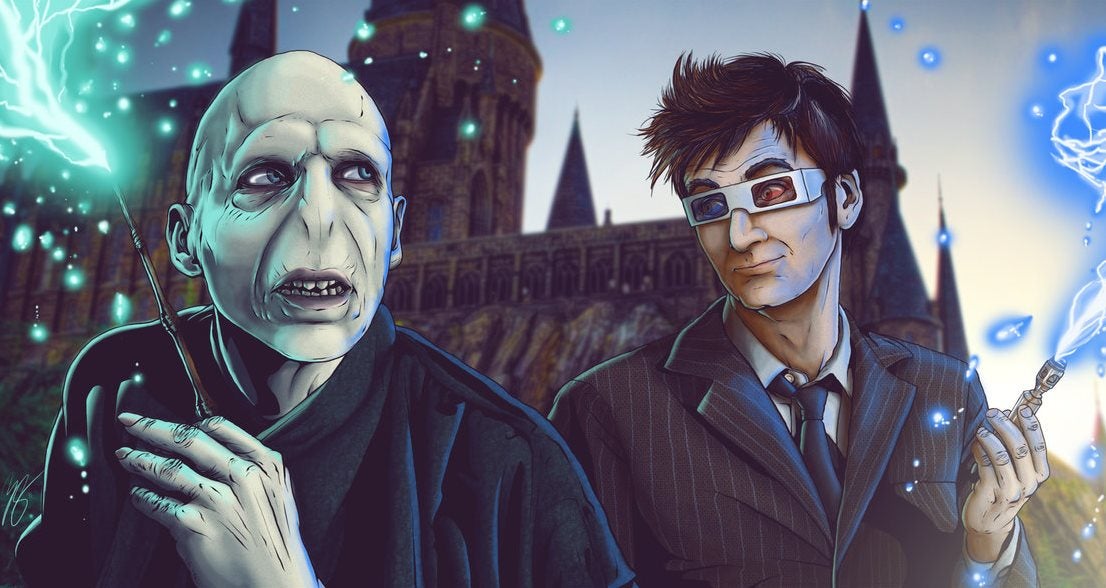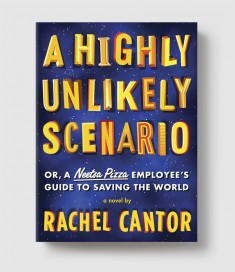 I finished Kallocain early this morning. Finished is too final a word. I doubt this book will ever fully leave me. I should give this book four or five stars, but it’s hard to ‘lie’ to myself (as the narrator so aptly does until nearly the end) that I liked or loved this book. It’s dystopian ficion – not an overly likeable or loveable subgenre of science fiction. Even so, decades later, we as a society still devour and crave stories that allow us to peer through a mirror darkly at what might grow if we nurture security at the expense of liberty.
I finished Kallocain early this morning. Finished is too final a word. I doubt this book will ever fully leave me. I should give this book four or five stars, but it’s hard to ‘lie’ to myself (as the narrator so aptly does until nearly the end) that I liked or loved this book. It’s dystopian ficion – not an overly likeable or loveable subgenre of science fiction. Even so, decades later, we as a society still devour and crave stories that allow us to peer through a mirror darkly at what might grow if we nurture security at the expense of liberty.
Often compared to Huxley’s Brave New World (published eight yours before Kallocain) and Orwell’s Nineteen Eighty-Four (published eight yours after), and having read both of those famous classics, I put forth that Boye’s Kallocain is more insidious, more disturbing than either. Leo Kall invents a drug which facilitates the policing of thoughts, the ‘holy grail’ of any totalitarian police state. The tragedy is Kall’s complete almost innocent faith in his Worldstate while his closest fellow-soldiers (wife, supervisor, test subjects and high ranking officials) exhibit humanity (laudible traits and those less laudible ones that bear fruit in totalitarian regins) and individuality. Kall wishes to eradicate these treasonous thoughts in others and so aids less scrupulous officials in legislating and condemning them. Once he achieves a modicum of his own power and acts upon his fears, Kall beings to regret, doubt takes root, innocence toward the benevolence of the Worldstate crumbles and his conscience awakes.
Continue reading “Reading the 1941 Retro Hugo Best Novel Nominees – Kallocain by Karin Boye”









